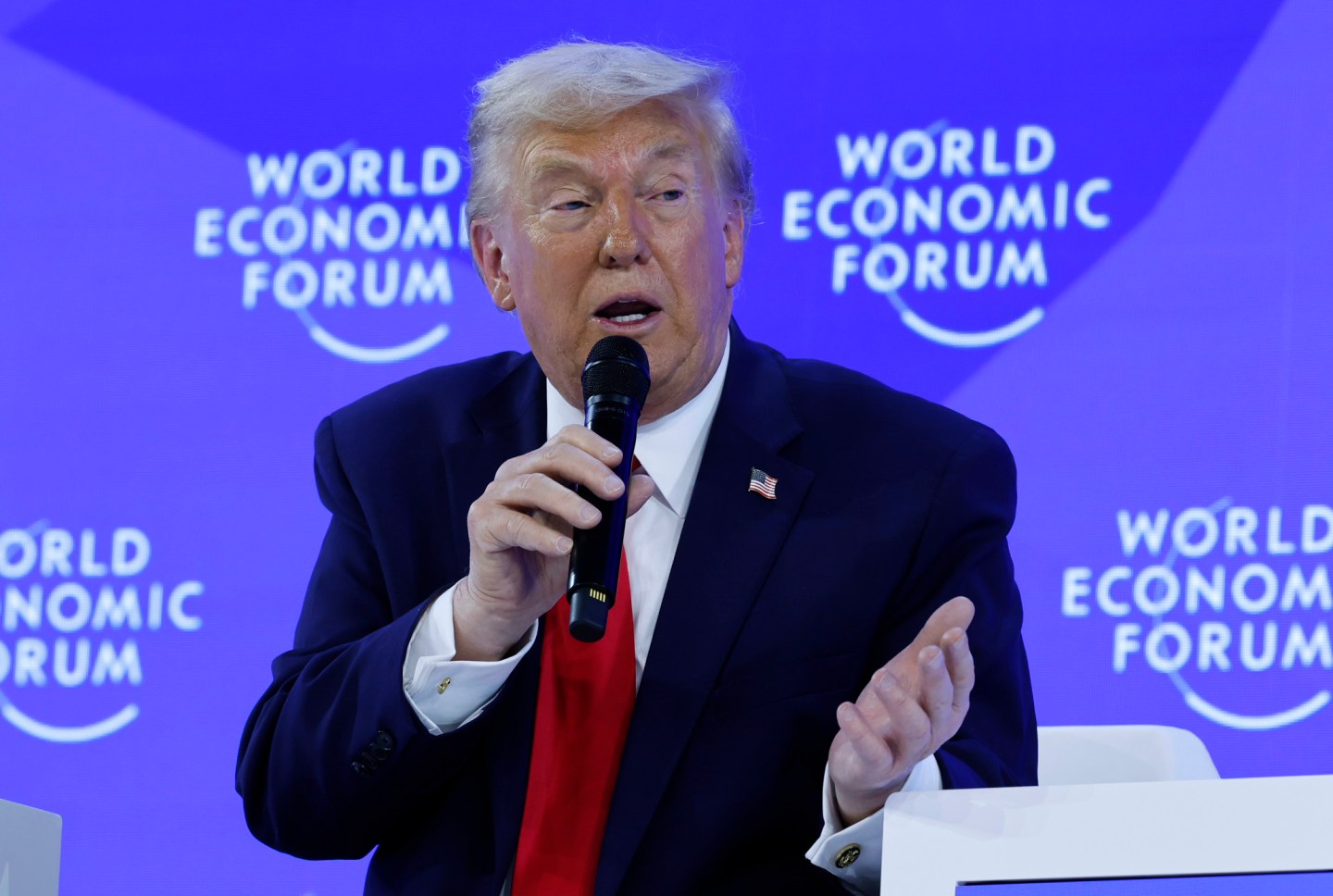Saudi Arabia promised on Thursday not to shock the oil markets as OPEC headed into a heated debate about production policy, with Iran insisting on the right to raise output steeply.
Tensions between the Sunni-led kingdom and the Shia Islamic Republic have been the highlights of several previous OPEC meetings, including in December 2015 when the group failed to agree on a formal output target for the first time in years.
Several OPEC sources said Saudi Arabia and its Gulf allies would propose to set a new collective ceiling in an attempt to repair OPEC’s waning importance and end a market-share battle that has sapped prices and cut investment.
Failure to reach any deal would revive market fears that OPEC’s largest producer Saudi Arabia, already pumping near record highs, may raise production further to punish rivals and gain additional market share.
“We will be very gentle in our approach and make sure we don’t shock the market in any way,” new Saudi Energy Minister Khalid al-Falih told reporters ahead of the meeting.
Answering a question on whether Riyadh would propose setting a new collective output ceiling, he said: “We will do that when necessary.” He added that he would listen to anything Iran brings to the table.
Any agreement between Riyadh and Tehran would be seen as a big surprise by the market, which in the past two years has grown increasingly used to clashes between the political foes as they fight proxy wars in Syria and Yemen.
Saudi Arabia effectively scuppered plans for a global production freeze – aimed at stabilizing oil markets – in April. It said then that it would join the deal, which would also have involved non-OPEC Russia, only if Iran agreed to freeze output.
Tehran has been the main stumbling block for the Organization of the Petroleum Exporting Countries to agree on output policy over the past year as the country boosted supplies despite calls from other members for a production freeze.
Tehran argues it should be allowed to raise production to levels seen before the imposition of now-ended Western sanctions over Iran’s nuclear program.
Iranian Oil Minister Bijan Zanganeh said Tehran would not support any new collective output ceiling and wanted the debate to focus on individual country production quotas.
“Without country quotas, OPEC cannot control anything,” Zanganeh told reporters. He insisted Tehran deserved a quota – based on historic output levels – of 14.5 percent of OPEC’s overall production.
OPEC is pumping 32.5 million barrels per day (bpd), which would give Iran a quota of 4.7 million bpd – well above its current output of 3.8 million, according to Tehran’s estimates, and 3.5 million, based on market estimates.
Country Quotas
Falih was the first OPEC minister to arrive in Vienna this week, signaling he takes the organization seriously despite fears among fellow members that Riyadh is no longer keen to have OPEC set output.
At its previous meeting in December 2015, OPEC failed to set any production policy including a formal output ceiling, effectively allowing its 13 members to pump at will.
As a result, prices crashed to $27 per barrel in January, their lowest in over a decade, but have since recovered to around $50 due to global supply outages.
[Coins2Day-brightcove videoid=4898317217001]
UAE Oil Minister Suhail bin Mohammed al-Mazroui said low oil prices were pushing all countries to limit production, whether they say so publicly or not.
Until December 2015, OPEC had a ceiling of 30 million bpd – in place since December 2011, although it effectively abandoned individual production quotas years ago.
Any ceiling below 32.5 million bpd would represent an effective cut.
The meeting started shortly after 0800 GMT, with a closed session expected to begin at 1000 GMT and a news conference at 1400 GMT, according to a preliminary agenda.












